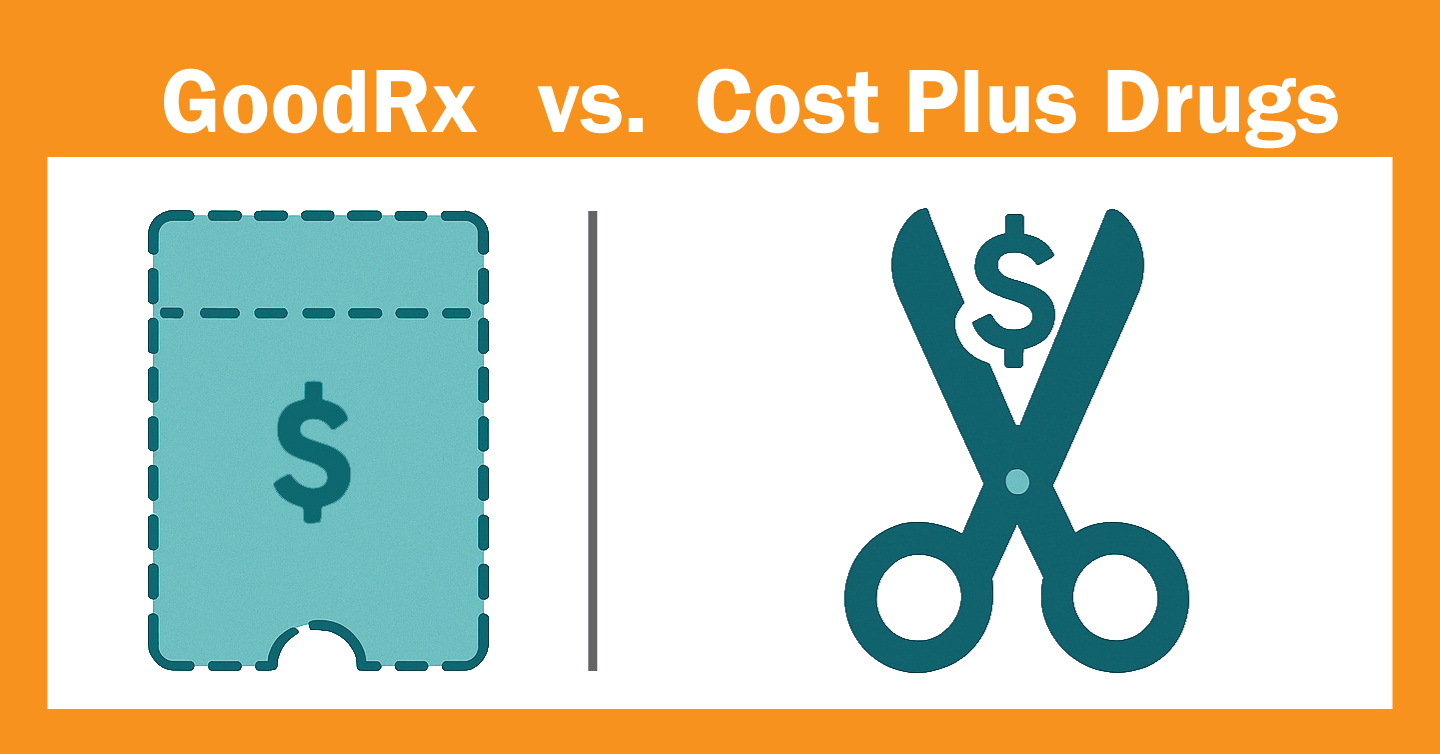Housing Instability’s Impact On Health and Wellness

By Amber Smits, quality revenue and health equity program manager at Network Health
10/13/2023
Staying healthy can be complicated. It isn’t always as simple as committing to going to the gym after work or just buying healthier food from the grocery store. Numerous social factors can impact a person’s ability to effectively manage their health and wellness.
These factors are called social determinants of health, and housing instability is a big one. Housing instability can have a significant impact on overall health, and it is more complicated than just having a roof over your head.
What Is Housing Instability and How Does It Impact Health?
Housing instability includes challenges that range from difficulty paying rent, homelessness, moving frequently, overcrowding and safety risks such as mold, water leaks, or inadequate heating or cooling systems. In addition to the stress caused by housing instability, research has shown that people who are experiencing homelessness are at greater risk for chronic disease and the mortality rate is higher.
Experts say social determinants, like the housing-related challenges mentioned above, impact more than 80 percent of a person’s health outcomes. Medical care itself accounts for the remaining percent. Other determinants may include food insecurity, poverty and structural inequities.
Research shows people facing housing insecurity are more likely to skip annual visits with their primary doctor and routine preventive services. Simply promoting the importance of such health care services is rarely enough. Help is often needed to overcome housing challenges before one can reliably focus on their health and wellness.
Wisconsin Resources for Those Who Are Unhoused or Facing Housing Instability
In Wisconsin, there are resources within the community that can assist with housing instability. These include the following.
WIHousingSearch.org was created to help people list and find safe, decent, affordable, accessible and, when necessary, emergency housing. A toll-free, bilingual call center is available at 1-877-428-8844, Monday - Friday, 8 a.m. - 7 p.m. The site is funded by the Wisconsin Housing and Economic Development Authority, Wisconsin Department of Health Services and Wisconsin Division of Housing.
https://www.211.org/ When you need help and don’t know where to turn simply dial 2-1-1 to reach a caring community resource specialist. United Way 2-1-1 (formerly First Call for Help) is an information and referral service that connects people to a variety of resources related to paying bills, support groups, food pantries, community clinics and many other services. This service is available every hour of every day and can assist in almost any language.
The Wisconsin Aging and Disability Resource Centers (ADRC) provide information on a variety of programs and services, including housing options. The county ADRCs also help people apply for programs and benefits. You can access services several ways by calling your local ADRC on the phone, scheduling a home visit with your local ADRC and visiting your ADRC in person.
If you’re a Network Health member and you’re wondering what benefits and resources are available through your health plan, we can help. Simply call the number on the back of your member I.D. card and we will be here to provide any assistance we can.


